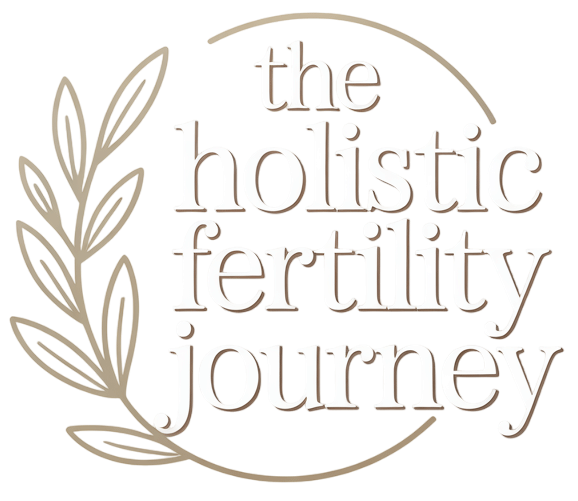Myth #3: Holistic Approaches Are All Herbs and Supplements
When people picture “natural fertility,” they often think of vitamin bottles, teas, or herbal tinctures. And while nutrition can play an important role, the holistic field extends far beyond products.
-
Registered dietitians and fertility nurses often recommend evidence-based nutrients like folic acid (recommended for all women who may become pregnant, per CDC guidelines), but not every supplement or herb is backed by solid research.
-
For example, Coenzyme Q10 has shown promise in some studies for improving egg quality, but evidence is still emerging and dosages matter.
-
The FDA does not regulate supplements as strictly as pharmaceuticals, so quality can vary—and some herbs may interact with medications or IVF treatments (FDA).
A holistic approach is rarely about taking a handful of supplements without looking at diet, sleep, stress, and social support. It’s about balance and individualized care, not quick fixes or one-size-fits-all remedies.
